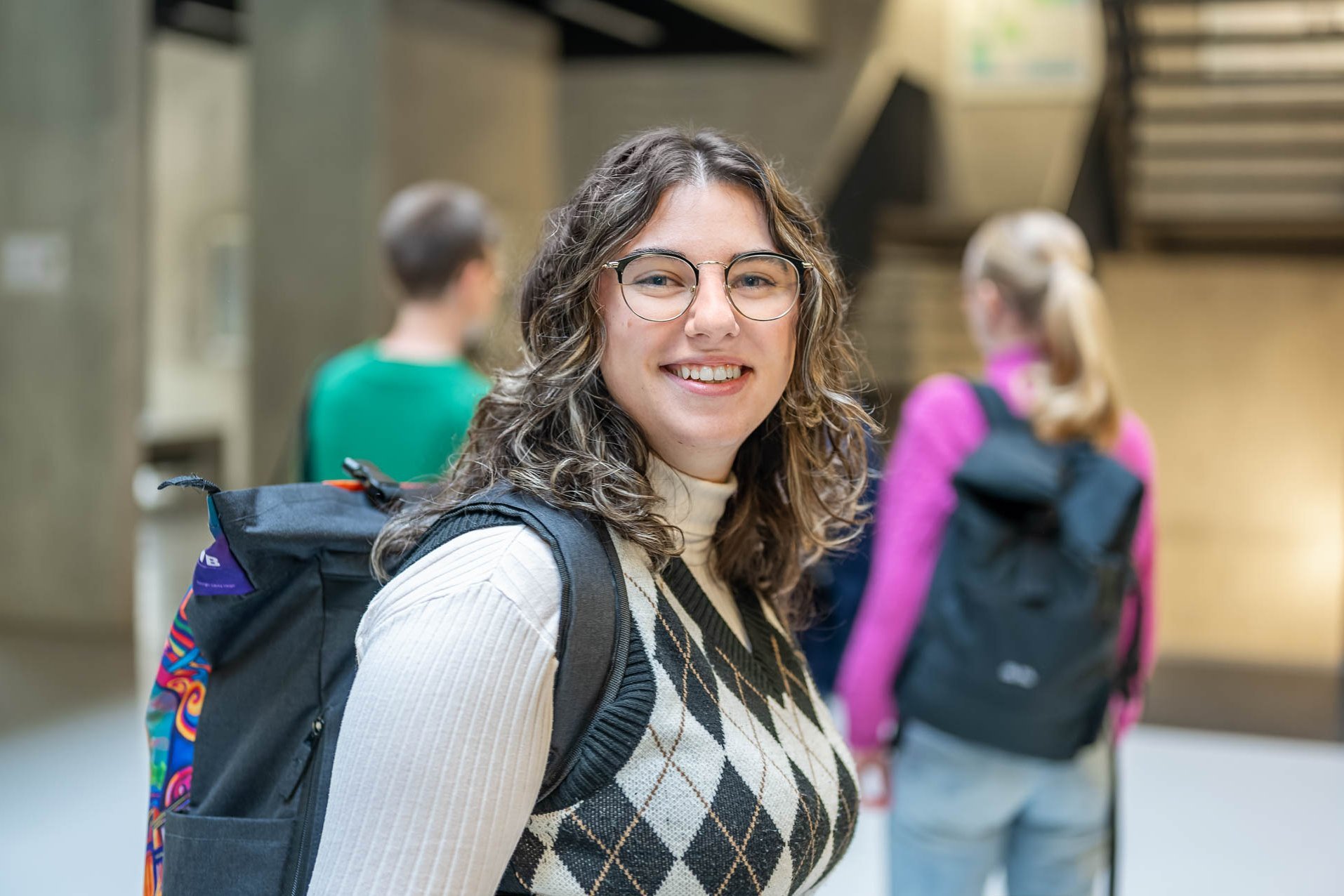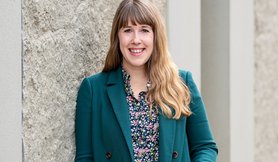
Jetzt für ein Studium mit Zukunftsperspektive bewerben!
Wer zum Wintersemester 2024/25 an der HTWD studieren möchte, kann sich jetzt bewerben. Tipps zur Bewerbung geben die Studienberaterinnen Mira Höfler und Josefin Päßler. Außerdem erzählen wir, was unsere Hochschule ausmacht und warum sich ein Studium bei uns lohnt.
The sponge city principle as a response to more frequent heavy rainfall events
Due to climate change, more frequent heavy rainfall events and the associated flooding pose major challenges, especially for urban areas. The creation and preservation of green spaces is an important approach to meeting these challenges. Vegetation plays a crucial role in the retention and infiltration of surface water into the soil and is therefore an essential tool for sustainable water management.
In urban areas, however, there is often limited land available for the creation of new green spaces and existing green spaces are often not sufficiently adapted. To nevertheless store and utilise rainwater on site, technical vegetation systems such as building greenery and parks are used as a sponge city principle. These decentralised rainwater reservoirs not only improve the water balance, but also have a positive impact on the urban climate, biodiversity and quality of life in urban areas.
Development of a modular urban vegetation system for rainwater storage in city centres
As part of the interdisciplinary research and development project "Rainwater storage system - Above-ground rainwater retention value-added solution for city centres" (ReWass), a national and international research consortium from Germany and Austria is working on the development of a modular urban vegetation system. This system consists of perennials, shrubs and trees that are linked together to form a three-dimensional network. The system not only serves as rainwater storage, but also as a green buffer during heavy rainfall events.
As a partner in this project, the university is responsible for developing a suitable substrate concept for planting the elements. The aim is to develop a substrate that fulfils the requirements for rainwater storage and at the same time provides optimum conditions for plant growth. In addition, a plant matrix is being designed that enables the automated selection of suitable plants and plant communities based on the site conditions and the performance of the greened rainwater reservoirs.
HTWD researchers plan pilot plant in Linz with partner
The "ReWass" project is being carried out by HTW Dresden in collaboration with partners such as Frankfurt University of Applied Sciences, Ingenieurgesellschaft Prof. Dr. Sieker mbH, Staretschek GmbH, JoLo GmbH and GRÜNSTATTGRAU GmbH. Another aim of the project is to set up a pilot plant in collaboration with the city of Linz (Austria), which will be subject to scientific monitoring once the project has been completed.
Contact



